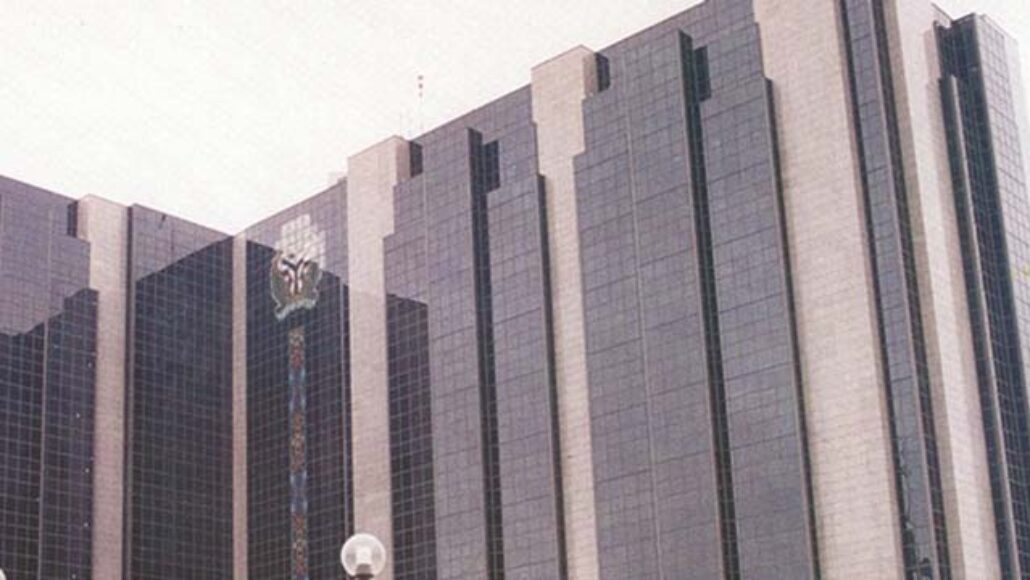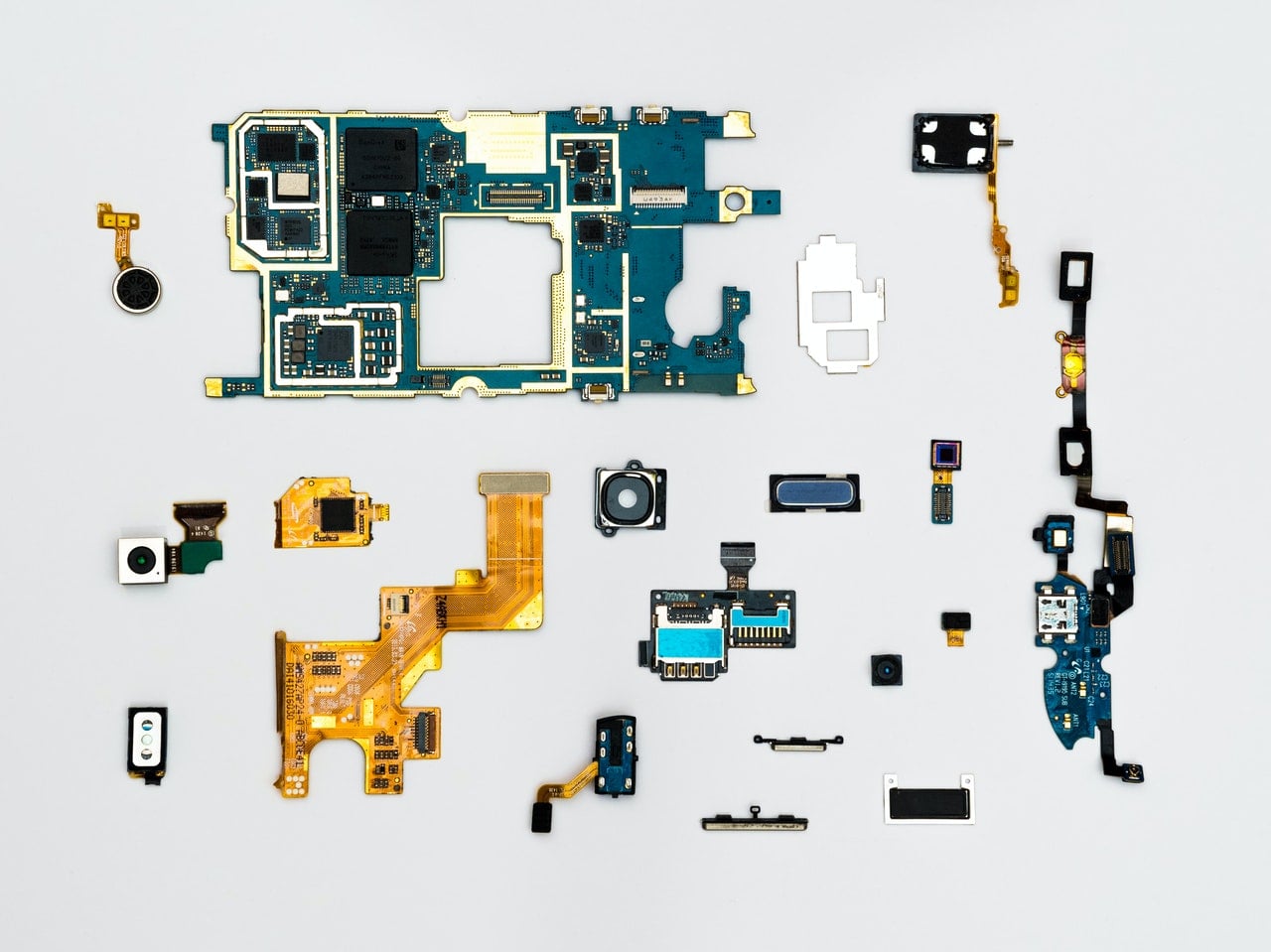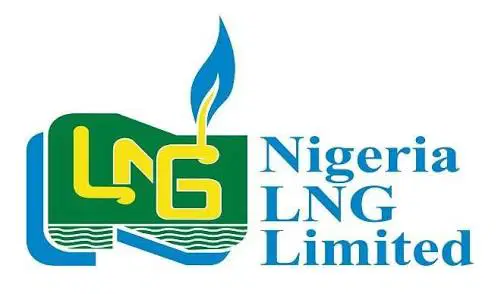Nigeria’s lawmakers have put the brakes on the Central Bank of Nigeria’s (CBN) controversial new ATM transaction charges, halting its implementation amid public outrage.
In a bold move, the House of Representatives, led by Speaker Tajudeen Abass, ordered an immediate suspension of the policy, citing its potential to worsen financial hardship for millions of Nigerians. The decision came after a motion by Marcus Onobun, who strongly opposed the new charges.
CBN’s New Charges: A Blow to Financial Inclusion?
The now-halted policy proposed that bank customers using their own bank’s ATMs could withdraw cash for free. However, customers withdrawing from ATMs of other banks inside bank premises would face a ₦100 charge per ₦20,000 withdrawal. Worse still, those using ATMs outside bank premises—such as in malls, markets, and public spaces—would be hit with a ₦100 fee plus an additional ₦500 surcharge.
Lawmakers Push Back Against ‘Exploitative’ Charges
Onobun warned that these charges would discourage financial inclusion, making it harder for low-income earners to access banking services. He argued that with Nigerians already battling inflation, high fuel prices, electricity tariff hikes, and multiple banking fees, this additional burden was unnecessary and exploitative.
Banks Making Billions—At Whose Expense?
The lawmaker also pointed out that despite record-breaking profits in the banking sector, service delivery and infrastructure improvements remain subpar. He questioned why banks should impose more charges on struggling citizens without offering better services in return.
What Happens Next?
With the suspension in place, the House of Representatives has directed the relevant committees on Banking, Finance, and Financial Institutions to engage with the CBN for a thorough review of the policy. For now, Nigerians can breathe a sigh of relief—but will the suspension turn into a permanent reversal?
The battle against rising banking fees is far from over.





